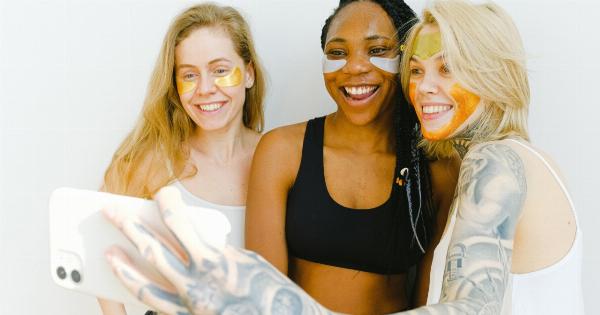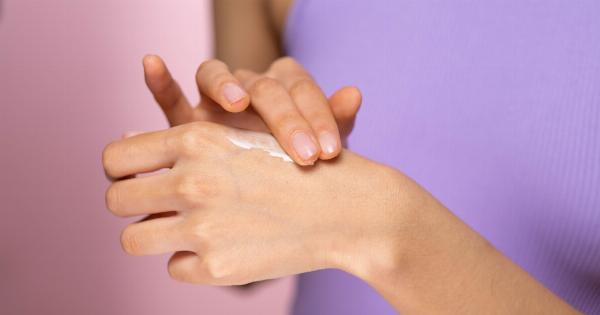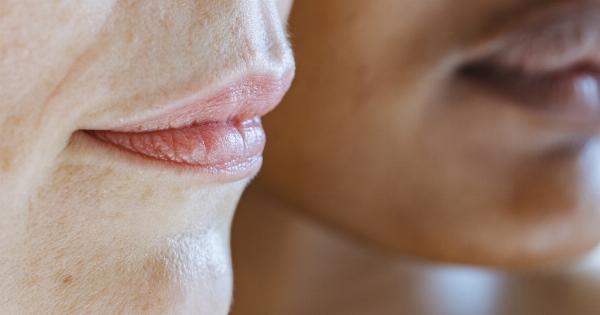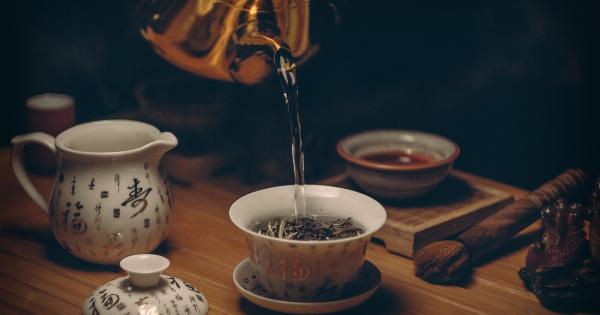When it comes to beauty, there are countless myths and misconceptions that have been passed down through generations. From skincare to haircare, it can be difficult to separate fact from fiction.
In this article, we will debunk some of the most common beauty myths and uncover the truth behind them.
The Myth of “Natural” Products
One of the prevailing myths in the beauty industry is the idea that “natural” beauty products are always better for your skin or hair.
While it is true that some natural ingredients can have beneficial properties, not all natural products are created equal. Many natural ingredients can be irritating or even harmful to certain individuals. It is important to look for products that are formulated with a balance of natural and synthetic ingredients, as this often leads to the best results.
The Key to Flawless Skin
Another popular beauty myth is that achieving flawless skin requires an extensive and expensive skincare routine.
While it is important to take care of your skin, the truth is that a simple and consistent routine is often more effective than a complicated one. Cleansing, moisturizing, and protecting your skin from the sun are the basics of a good skincare routine. It is also important to remember that genetics and lifestyle factors play a significant role in the appearance of your skin.
Split Ends and Hair Growth
A common belief is that trimming your hair regularly will make it grow faster. However, this is simply not true. While regular trims can help to prevent split ends and breakage, they have no impact on the rate at which your hair grows.
Hair growth is determined by factors such as genetics and overall health. So, if you want to grow your hair longer, you don’t need to trim it more frequently. Instead, focus on maintaining a healthy scalp and avoid excessive styling or heat damage.
Water and Skin Hydration
Many people believe that drinking more water will directly hydrate their skin and make it plumper and more radiant.
While staying hydrated is important for overall health, the amount of water you drink does not directly correlate to the hydration levels of your skin. Skin hydration is influenced by various factors such as moisture in the air, skincare products used, and how well your skin retains moisture.
So, while drinking water is essential for overall well-being, it won’t magically transform your skin overnight.
Eyebrow Growth Myths
There are several myths surrounding eyebrow growth and how to achieve those coveted thick and full brows. One prevalent myth states that applying castor oil to your eyebrows can stimulate growth.
However, there is no scientific evidence to support this claim. Eyebrow growth is primarily determined by genetics, and while applying castor oil may condition the brow hairs, it won’t make them grow thicker or faster.
If you are looking to enhance your eyebrows, consider using brow pencils or powders to fill them in rather than relying on false claims.
The Sun and Acne
Many believe that sun exposure can help clear acne, but this is far from true. While sunlight can temporarily mask the appearance of breakouts, it can actually worsen acne in the long run.
The sun’s UV rays can cause inflammation and damage to the skin, leading to more breakouts and pigmentation issues. It is crucial to protect your skin from the sun by wearing sunscreen daily, particularly if you are dealing with acne or acne-prone skin.
The Truth About Shaving
Shaving has long been associated with myths, particularly when it comes to hair regrowth and hair texture. Contrary to popular belief, shaving does not make your hair grow back thicker or darker.
When you shave, you are cutting the hair at its thickest part, which can make it feel coarse when it starts to grow back. However, the actual structure and color of the hair remain unchanged. So, if you prefer to shave, go ahead without worrying about the commonly believed side effects.
Nail Polish and Nail Health
There is a myth that wearing nail polish constantly leads to weak, brittle nails. While prolonged and excessive polish use can have some negative effects, occasional or proper use of nail polish does not directly cause nail damage.
It is important to give your nails some breathing time in between polish applications and to always use a base coat to protect them. Additionally, ensuring a balanced diet, taking biotin supplements, and avoiding excessive use of harsh nail products can help maintain healthy nails.
The Myth of Toothpaste as a Spot Treatment
At some point, most of us have heard that applying toothpaste on a pimple can help to dry it out and make it disappear faster. However, toothpaste was never designed for this purpose and can actually do more harm than good.
Many toothpaste formulations contain ingredients such as menthol and fluoride that can be irritating to the skin. Instead, use spot treatments specifically formulated for acne, as they are designed to effectively target and treat breakouts without causing unnecessary irritation.
Makeup and Pore Clogging
It is a common belief that wearing makeup, especially foundation, will clog your pores and ultimately lead to breakouts.
While certain heavy or comedogenic products can potentially clog pores, many modern makeup formulations are non-comedogenic, meaning they are specifically designed not to cause pore blockages. Additionally, ensuring proper removal of makeup at the end of the day and following a consistent skincare routine is key to maintaining healthy skin, even for frequent makeup users.

























